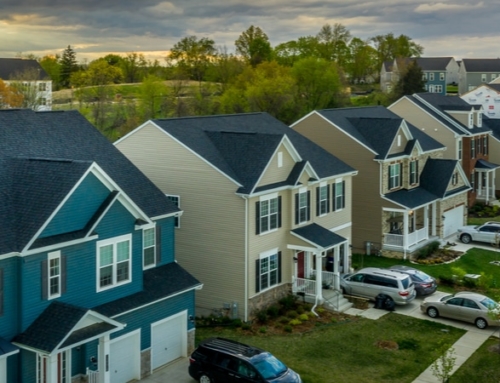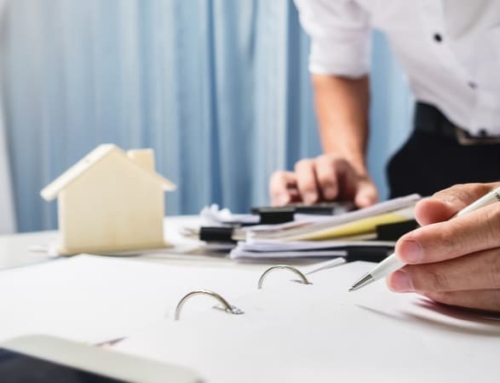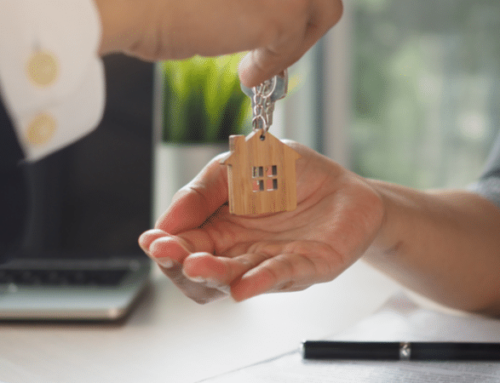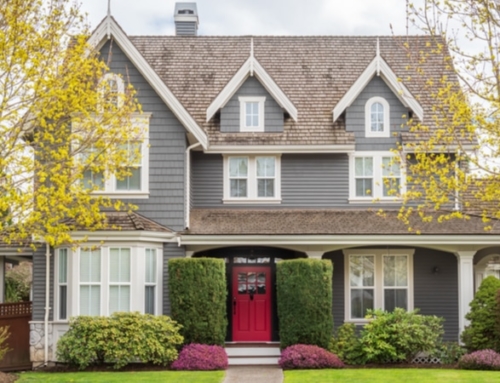Q: I live in the Tampa metropolitan area. I am planning to buy my first house. I’ve been hearing a lot of talk about the real estate bubble and
have couple of questions.
Should I wait to buy a house until the bubble has burst? To reduce the risk, should I buy a smaller house than what I can afford? I have two kids and prefer to buy a single family house rather than a townhouse or a condominium.
Finally, I have heard that even condos and townhouses are overpriced due to the bubble. Is a single family home or condominium or townhouse the best investment?
A: You talk about the “real estate bubble” as if it is a known and accepted fact. Unfortunately, while some economists and even Federal Reserve Chairman Alan Greenspan believe that home prices are a little too high in some areas, it’s unclear what’s going to happen next.
If you’re waiting for the real estate bubble to burst like the stock market bubble of 2000, and expect that real estate prices will fall by 50 to
75 percent, as did the value of some stocks on NASDAQ, you might be surprised.
While it’s possible that homes will come down in value somewhat, it is mostly likely going to tie into a dramatic rise in mortgage interest rates. While the Federal Reserve Bank has raised the short-term Federal Funds rate 9 times in the past year or so, mortgage interest rates have remained, as we went to press, below 6 percent for a 30-year fixed-rate loan.
Super-low interest rates mean more people can buy homes and spend more money on them. That demand is what keeps real estate prices spiraling upward.
Should mortgage interest rates rise significantly, then you can start worrying about prices coming down.
In the meantime, I don’t know what’s going to happen in Tampa over the next few months, let alone the next few years, but I don’t think you should put your home-buying plans on hold. Instead, you have to be smart about what you’re doing, and plan to stay in the home you buy long enough to ride out any short-term real estate cycles.
If you want to protect yourself, you should look long and hard for a home that will allow you to build in value. Homes that are in less than perfect condition, also known as “fixer-uppers,” tend to sell for less than homes in perfect condition.
That’s because people have a limited amount of time, cash and patience. After spending gobs of money to buy a property, they typically don’t have the cash reserves or patience required to tackle a fixer-upper.
It’s quite possible that you can find a home that’s in relatively good shape with truly awful decorating that you can fix up, live in, and collect a
nice profit on your labors.
Another good strategy is to shop for a home in a neighborhood with excellent schools. Homes in great school districts areas typically are a bit more “bubble-proof” or “recession proof.” Should the boom continue, they will appreciate faster in value than homes in mediocre or poor school districts.
Finally, it’s always a good idea to be conservative when buying a home. If you can spend a little less, you’ll have extra cash to use for your children, to fix up your home, or to save for retirement.
By being conservative, thoughtful and savvy about the next house you buy, you’ll put yourself in good shape should a recession occur or the real estate bubble burst.
Aug. 5, 2005.






Leave A Comment